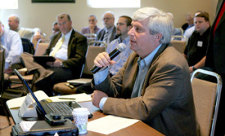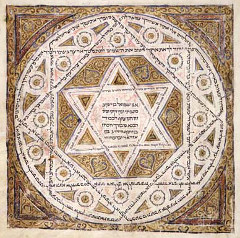Renewing Dispensational Theology: A Suggested Path, Part 1
For one reason or another traditional Dispensationalism has been abandoned by all but a relatively few Bible students. The wild success of the Left Behind novels is no sound indicator to the contrary. Two much better indicators which point decisively the other way are the degree of serious attention given to this point of view in most Biblical and Systematic theologies, which is nugatory; and the stunning lack of scholarly works in these areas by Dispensationalists themselves. As to the latter, I believe I could count on one hand the publications of traditional Dispensationalists of the past generation which even attempt to rival the surfeit of such work from covenant theologians. I say it as a friend; Dispensationalism may be likened to an old car pulled to the side of the road with serious transmission problems. And it has been there for a good long while looking like it needs hauling away.
I feel no need to prove this, as any perusal of the volumes of biblical and systematic theology which have been rolling off the shelves for the past 25 years will show that their authors don’t consider Dispensationalism to be much more than a smudge on the edges of the theological map.
This being said, here are some thoughts on five sectors of truth where Dispensational Theology (DT) might be renewed.
1. Self-Understanding: What Are We About?
In many ways, defining oneself by “dispensations” is more restricting than defining oneself under the theological covenants of Covenant Theology (CT). The dispensations of Dispensationalism are in reality blinders which severely attenuate the exciting potential of plain reading of the Bible. They are non-essentials which have been borne aloft for so long that no one has bothered to look up to see how abject they actually are. What do the concepts “innocence,” “conscience,” “government,” “promise,” “law,” “church” (or “grace”), and “kingdom” have in common as theological ideas (other than their obvious adoption by dispensationalists)?


 Reprinted with permission from
Reprinted with permission from 




Discussion